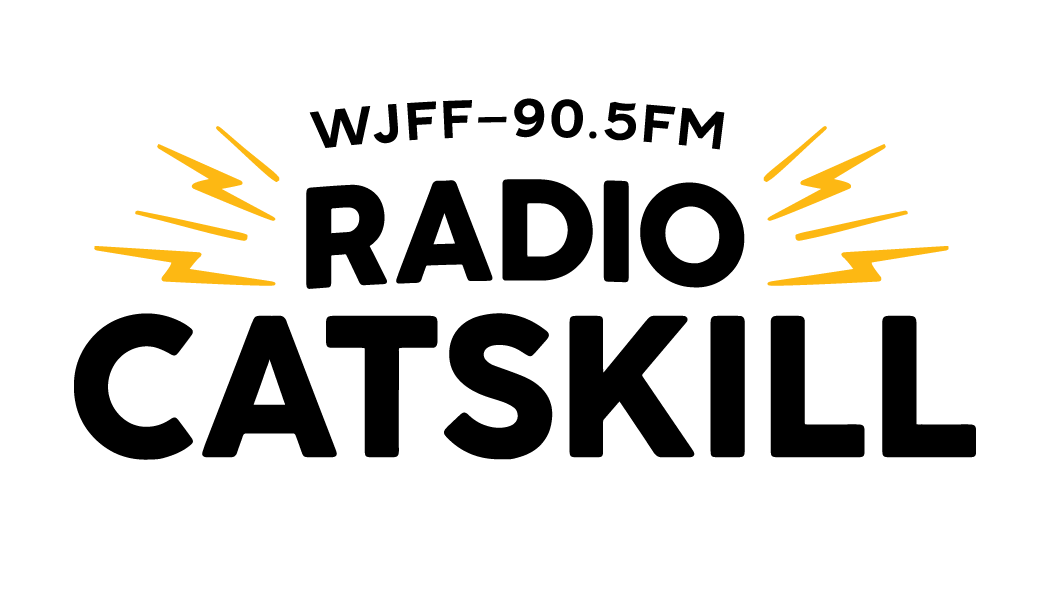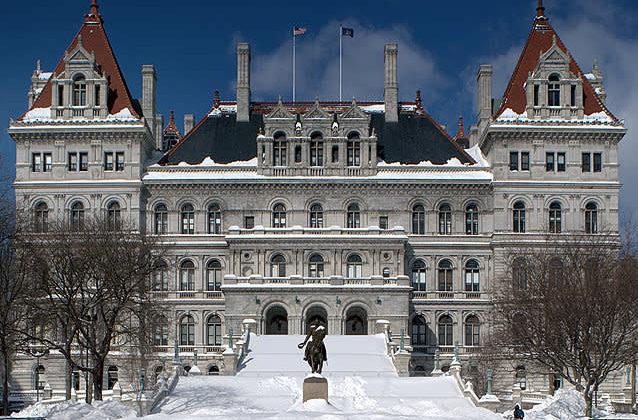As state lawmakers return to Albany on Wednesday to kick-start this year’s legislative session, the focus seems to be all in one place: pocketbooks.
“I don’t want to spoil anything,” Assembly Speaker Carl Heastie said Friday ahead of Gov. Kathy Hochul’s State of the State speech next week. “But I think people are going to be pleased to see how much of a concentration we’re going to have on trying to put money back into people’s pockets.”
With President-elect Donald Trump at the top of the ticket, Republicans saw victories in the November elections over their promises to fight inflation and tighten border policies — including in New York.
Although state Democrats still control all branches of government, Republicans chipped away at their supermajority in the Senate by flipping one seat last November. They also saw the largest appeal for conservative policies in recent years.
The appetite for measures that address affordability, along with the border and public safety, is not lost on Democrats as they head into session.
“I’ve always known that affordability and safety are the most important issues in people’s minds, and we need to make sure that we are walking the walk and talking the talk when we come to those terms,” said Assemblyman John T. McDonald III, who represents the 108th district in the Capital region.
That’s why Hochul, with the backing of state Democratic leadership, is presenting her “affordability agenda” for the Legislature to consider: That includes sending rebate checks of up to $500 for qualifying families and individuals, expanding the state’s child tax credit system, and increasing access to child care.
State Sen. Michelle Hinchey, a Democrat whose constituents are in the Hudson Valley and surrounding areas, said she hopes the conference provides more affordable health care and incentivizes housing developments that aren’t just apartment buildings and larger projects.
“Our small towns and villages aren’t able to manage those kinds of developments,” she said. “But we desperately need housing.”
Hinchey proposed initiatives like investing in sewage and water infrastructure in smaller communities and renovating older homes to increase the housing supply.
“We have to do a lot more to make sure that we have programs that make it easier to build new units in communities across upstate New York,” she said.
But Republicans like state Sen. Tom O’Mara, who represents five counties across the Southern Tier and Finger Lakes regions, find it hard to believe that Democrats will walk the walk on affordability.
O’Mara said he disapproves of taxing those with higher incomes and thinks the Democrats should focus on supporting manufacturing and business industries. He also criticized the emphasis on renewable energy.
“I just don’t think that the approach that the governor and the majority have been taking is realistic,” O’Mara added on energy- and climate-related issues. “I don’t think it’s going to be reliable, and it’s not going to be affordable either in the long run.”
Democrats and Republicans will hash out rising tensions over energy as the Legislature revisits the New York HEAT Act, which would stop subsidizing gas companies to expand their connections across the state. It would cap utility bills to 6% of a household’s monthly income. The measure, which passed in the Senate, stopped short of getting greenlit in the Assembly as negotiations took a pause.
Education funding up for reconsideration
Hochul and lawmakers have committed to reexamining the way the state distributes funding to schools this year. The state currently uses outdated data to calculate school districts’ needs, including poverty measures from past census data.
A recent report from the Rockefeller Institute of Government proposed the state distribute more funds to districts that have population increases, higher rates of poverty and students that require higher needs.
Republican State Sen. Pat Gallivan said while the funding scheme should be updated, the Legislature has to ensure each district receives a fair amount of funding across the board.
“It doesn’t seem fair to me if we’re saying that we’re going to give more money to people who live in certain ZIP codes than providing for those that live in other ZIP codes,” Gallivan said.
But he also praised the Rockefeller Institute’s report for laying out different funding schemes for the Legislature to consider.
“There are enough options for us to choose from — or we might even come up with something different,” he said.
Democratic State Sen. Pat Fahy said the Legislature should invest in early education as a way to support students who come from economically disadvantaged families.
“When you can close that gap when a student is entering kindergarten, the more it can stay closed” later on in schooling, Fahy said.
The Legislature will also consider if phone use should be banned in schools.
Story by Jeongyoon Han, Capitol News Bureau reporter for the New York Public News Network, who is producing multimedia stories on issues of statewide interest and importance.

